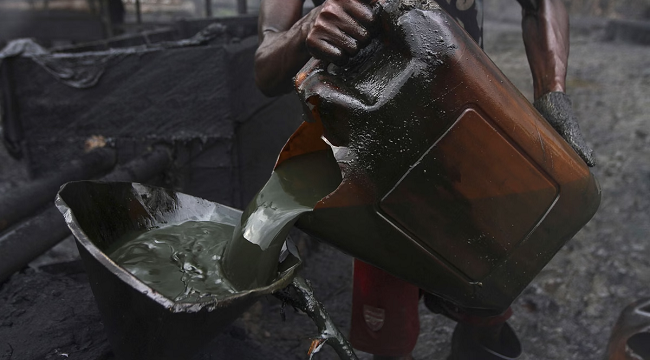Conflict and violence are driving extreme hunger in six major crises worldwide, according to a new joint report by the Food and Agriculture Organization of the United Nations (FAO) and the UN World Food Programme (WFP). The report warns that acute food insecurity is deepening in 16 hunger hotspots, threatening to drive millions more into famine or risk of famine. Time is running out to avert widespread starvation in areas of highest concern, including Haiti, Mali, Palestine, South Sudan, Sudan, and Yemen, where populations face an imminent risk of catastrophic hunger.
The report, which covers the period from November 2025 through May 2026, finds that conflict and violence are the primary drivers of hunger in 14 of the 16 identified hotspots. Six countries and territories are of highest concern, while another six – Afghanistan, the Democratic Republic of the Congo, Myanmar, Nigeria, Somalia, and the Syrian Arab Republic – are classified as “very high concern.” The remaining four hotspots are Burkina Faso, Chad, Kenya, and the situation of the Rohingya refugees in Bangladesh.
Humanitarian funding is falling short, with only $10.5 billion out of the required $29 billion received as of October 2025. This has resulted in severe shortfalls, crippling emergency responses, and reducing access to food for vulnerable groups. The World Food Programme has been forced to tighten targeting criteria and reduce assistance for refugees and displaced people, while critical nutrition and school feeding programs have been suspended in some countries.
The FAO and WFP stress that famine is almost always predictable and preventable, and call on the international community to urgently refocus attention on famine prevention and scale up investments in long-term food security and resilience. They emphasize the need for anticipatory action, assistance before a crisis strikes, to enable populations to withstand hunger shocks. The organizations also stress the urgent need to ensure unimpeded humanitarian access in conflict-affected areas.
The situation is critical, with millions of lives depending on decisive action. The FAO and WFP emphasize that famine is preventable, but only with political will, leadership, adequate funding, and collective accountability. The international community must act now to prevent widespread starvation and instability in multiple countries. The bi-annual Hunger Hotspots report is developed with financial support from the European Union through the Global Network Against Food Crises.



